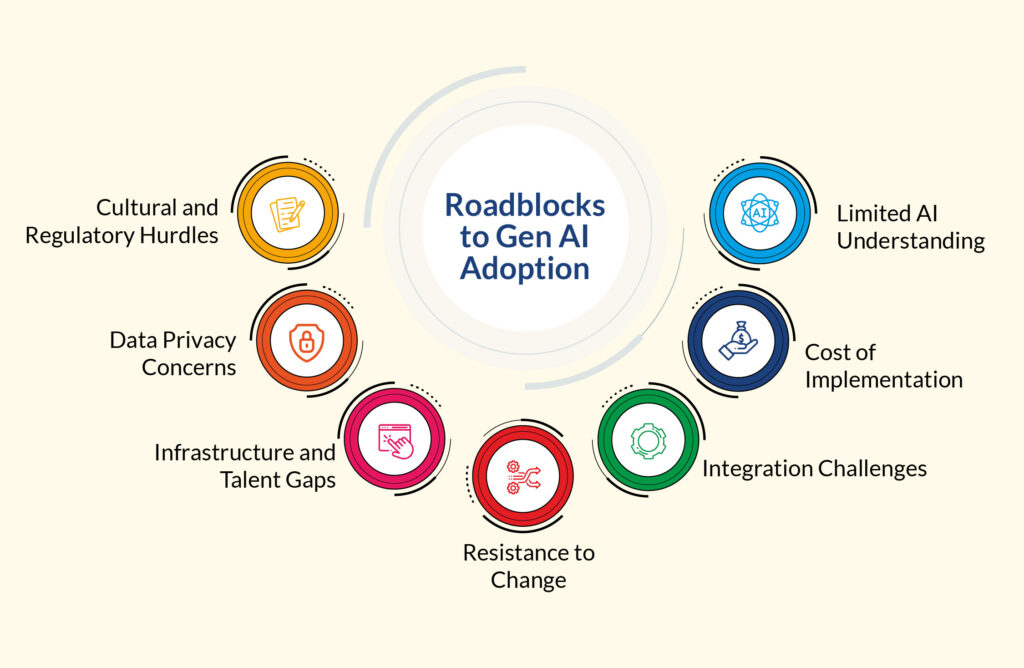The Middle East (ME) is in the midst of an Industry 4.0 revolution, and digital transformation has been slowly making its way into the banking sector. In the heart of ME’s digital banking revolution, Generative AI is emerging as a force to be reckoned with. As the region embraces Industry 4.0 and its capabilities, financial institutions are strategically deploying Generative AI to revolutionise customer experience (CX). Gen AI is not considered as a mere tool. Still, it’s also a catalyst for innovation, enhancing customer interactions and shaping a new era of personalised and seamless banking services.
In this blog, we explore how Generative AI is being harnessed to elevate CX goals in the dynamic landscape of Middle Eastern banking.
Inclusion of Gen AI in the Middle East
Generative AI has gained traction in the Middle East, with growing interest in AI and machine learning technologies, and startups and research institutions are actively trying to incorporate it in their business.
A study reveals that revenue opportunities in the ME region have an annual growth scope of $17.5 billion in the next several years. The same research has projected the global AI market will grow at a compound annual growth rate of 61 percent between 2023 and 2027, and, given its nascent stage, MENA’s generative AI market is set to exceed the global average.
Several regional banks have already taken initiatives to incorporate generative AI to transform their operations. Emirates NBD, one such leading banking group in the MENA region, has announced its initiative to harness the power of generative AI to change its operations and enhance productivity across various business functions supported by Microsoft.
The bank’s IT team is leveraging the capabilities of GitHub Copilot X, an advanced generative AI tool developed by Microsoft, to meet their business goals. With the help of this tool, Emirates NBD expects to see a boost in coding proficiency, software development speed, and quality.

